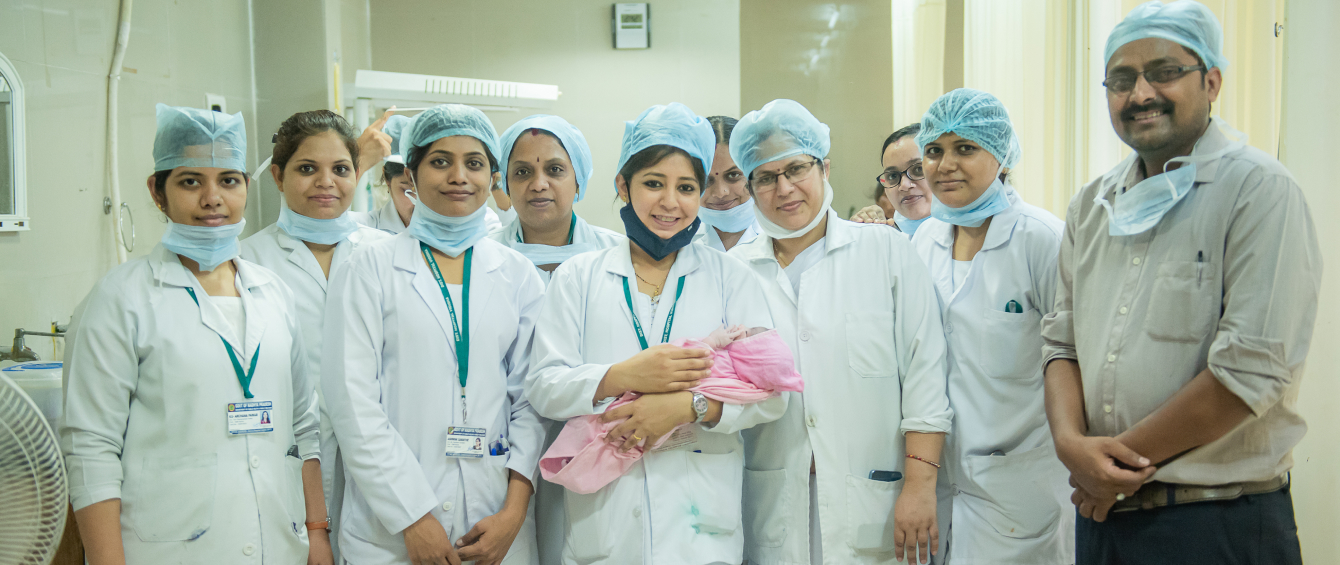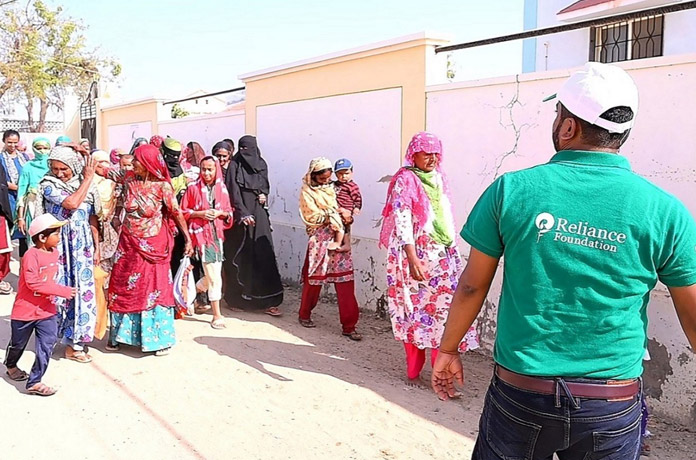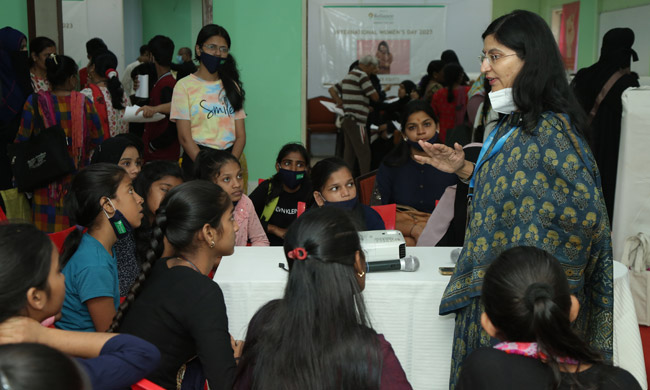ASMAN Project: Alliance for Saving Mothers and Newborns
Empowering Mothers and Newborns through Innovative Healthcare Solutions
In 2015, Reliance Foundation along with the Bill & Melinda Gates Foundation, MSD India, Tata Trusts, and the United States Agency for International Development (USAID) launched Project Alliance for Saving Mothers and Newborns (ASMAN), a first-of-its-kind initiative in India.
The primary objective of ASMAN was to expedite the reduction of neonatal and maternal mortality rates by enhancing the quality of care provided to mothers and newborns from admission to discharge, a critical period characterised by heightened mortality risk.
Employing an innovative approach, Project ASMAN harnesses multiple technology-based healthcare solutions in the states of Rajasthan and Madhya Pradesh to bolster the capacity of healthcare providers to deliver safe health outcomes for mothers and newborns.
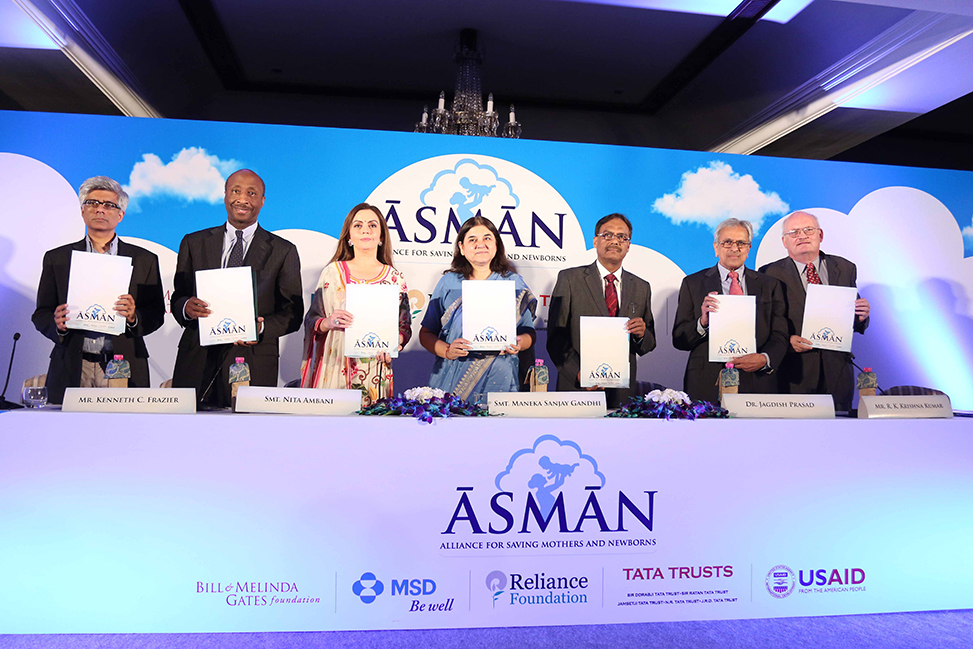
By leveraging cutting-edge technologies, ASMAN aims to significantly curtail preventable maternal and neonatal deaths in selected health facilities across eight districts in Rajasthan and Madhya Pradesh.
Remarkable strides
From 2015 to 2022, the ASMAN programme made remarkable strides, impacting the lives of over 7.5 lakh mothers and newborns through 81 government health facilities.
From April 2018 to June 2021, the ASMAN app played a pivotal role in registering 4,33,100 cases and detecting 1,65,000 (38%) high-risk cases.
ASMANs was recognised with various awards through the duration of the programme until 2021.
To gain deeper insights into the ASMAN project and explore its achievements further, access the comprehensive project report by clicking here.
The project has also garnered significant attention in the media, with the following articles published on its groundbreaking initiatives and far-reaching impact:
The role of digital clinical decision support tool in improving quality of intrapartum and postpartum care: experiences from two states of India;
Acceptability and Barriers to Use of the ASMAN Provider-Facing Electronic Platform for Peripartum Care in Public Facilities in Madhya Pradesh and Rajasthan, India: A Qualitative Study Using the Technology Acceptance Model;
The role of digital clinical decision support tool in improving quality of intrapartum and postpartum care: experiences from two states of India.
Latest on Health
More on Health
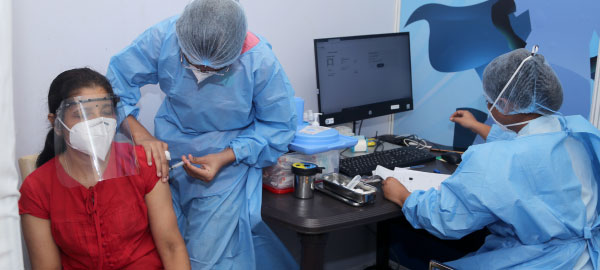
COVID-19 Response
LEARN MORE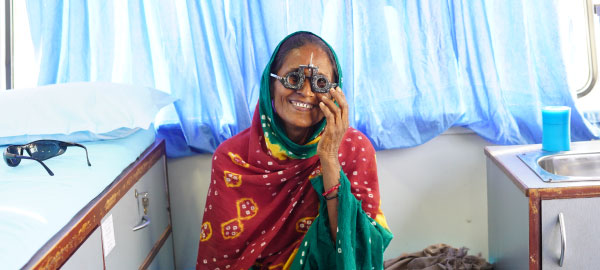
Reliance Foundation Drishti
LEARN MORE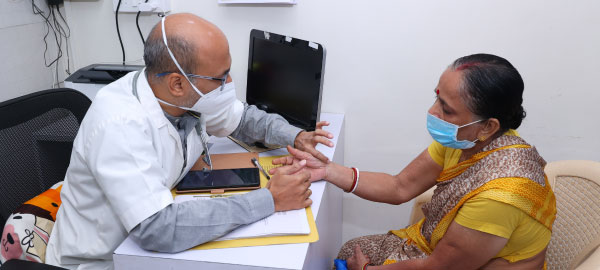
Community Medical Centers
LEARN MORE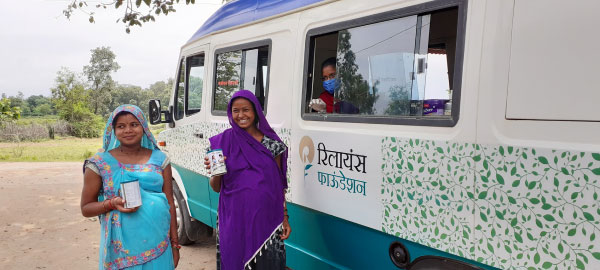
Health Outreach Initiatives
LEARN MORE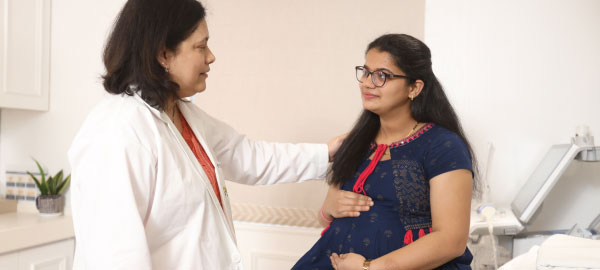
Well Women Centre
LEARN MORE

